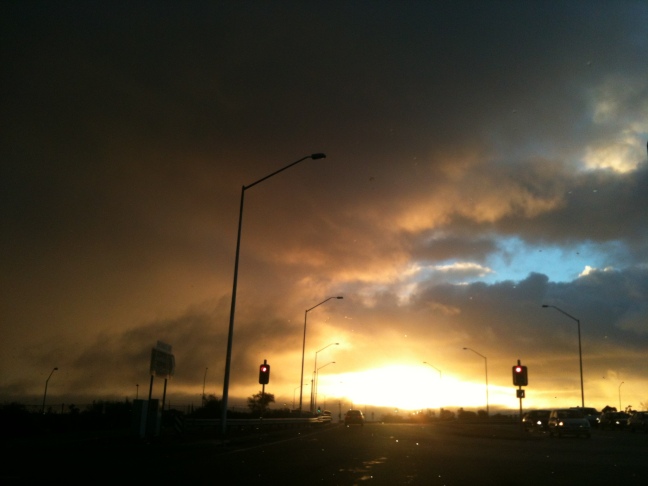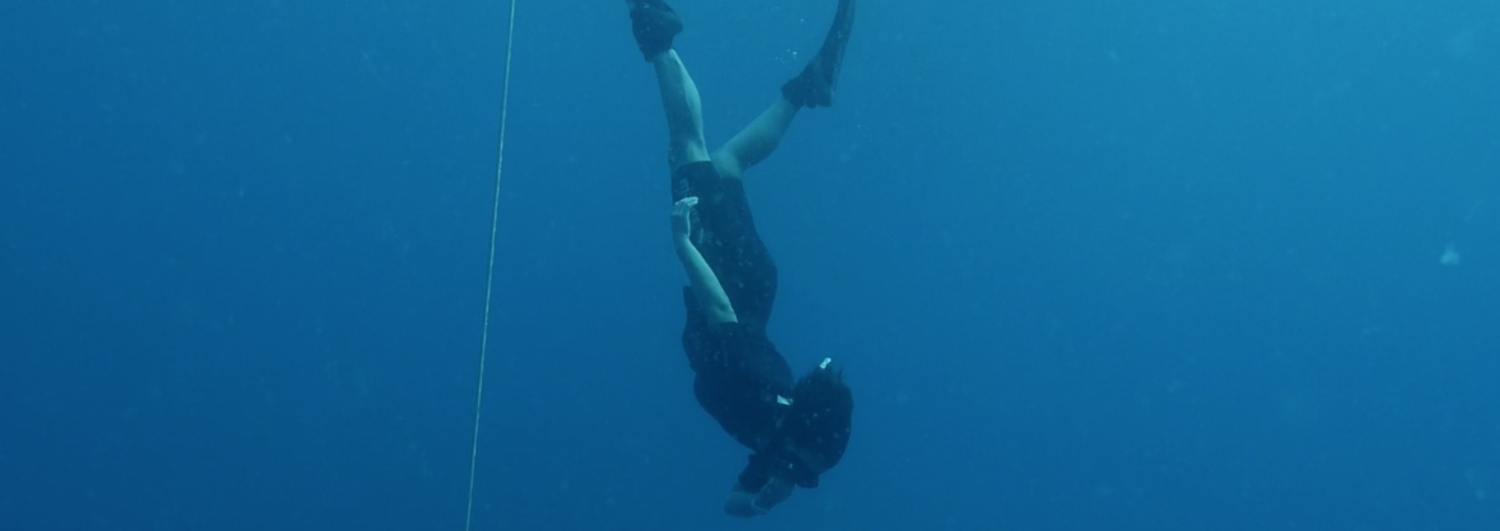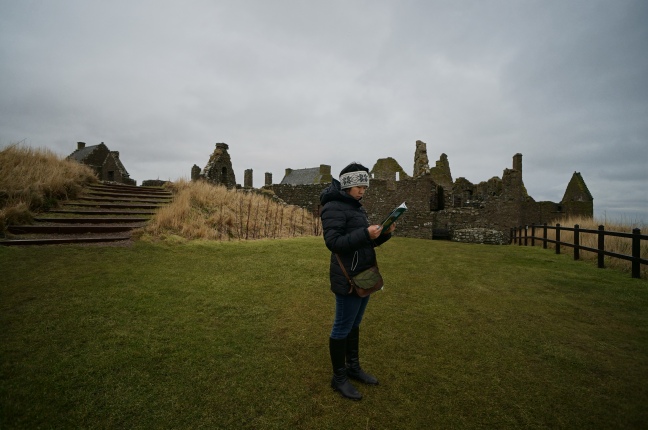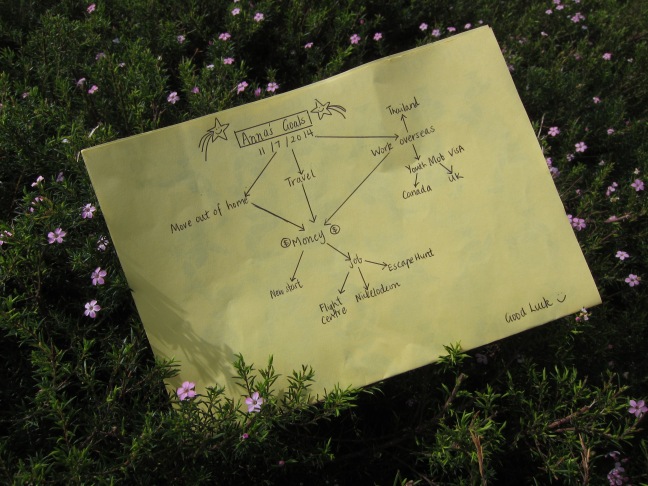
Transitions.
Transitions are never really seamless are they?
There is always a clear difference between the starting point and the end point, but the middle part tends to be messy.
I remember when I was losing my baby teeth for adult ones. It was painful and having a gap between your teeth looked funny. But it was ‘normal’ and it was easy to deal with as everyone around me was going through the same thing.
But when it comes to an emotional change or shift in mentality from one stage to another, I feel that it’s a lot harder to deal with because there are no ‘teeth’ or tangible markers to indicate progress, regress, or even the fact that you are in a transition phase. Also, it seems like we are frequently faced with processing and handling these subjective changes alone as not everyone around us is experiencing the same thing (or if they are, or have experienced something similar, they have chosen to keep what’s going on with them private).
When I struggled through a transition period
After returning from my travels, I was in a state of limbo for a couple of months. I had a clean slate and the possibilities were endless, but the ‘endless’ part made it difficult to decide on a course to take.
Since I didn’t know where I was at, I made a lot of ‘non-choices’ such as:
- moving out of home but put off changing my address on the papers because I was unsure as to how long I would be staying there;
- delay making a decision on signing up and joining a tennis club to play pennants because I didn’t know if I would be here for the whole season; and
- not being able to RSVP to weddings because I couldn’t tell the couple if I was going to be around at the time.
I generally avoided making any commitments that extended beyond 2 months because I didn’t want to disappoint, and I didn’t want the promises that I made to hold me back from making any decision about staying in Perth or going out into the world again.
This was a tough period. I just felt stuck.
But after working for a while, I started to live more in the present and I allowed myself to commit to things as I stopped worrying about the future. I officially changed my address, joined that tennis club and played pennants, signed up for two semesters of zouk dancing class, got back into indoor beach volleyball and invested time in my family and friends by accepting invitations to events and get togethers. I was very, very happy at this point of my life! I felt like things were moving forward. I enjoyed not thinking about the future, consequences and trying to figure out my life ambition. I lived in the moment and lapped up summer.
Learning how to embrace the transition period
Now after several months of allowing myself the space to have fun and to live in the moment, I’ve started to become restless as some of the decisions and the ‘non choices’ I made a few months ago, no longer feel right. And so, I’ve re-entered the frustrating transition phase.
But it’s OK. Even though I’m still frustrated and annoyed because I have no idea what I’m doing, I’m trying to embrace this awkward transition phase by reminding myself of the following:
1. It’s OK to change your mind – we are in a constant state of change
The question of what I wanted for the future was brought up in a discussion recently. While trying to figure out ‘what I really wanted’ under pressure, one of the things that I blurted out was
‘we are always changing, and what I want now may be different to what I want in two weeks time.‘
I didn’t know what circumstances ‘Future Anna’ would be in, so I thought, why should ‘Now Anna’ worry about what may or may not happen when making a decision that is presented to her now? Any choice made will create its own variables of potential circumstances (which may or may not be different to what I had worried about at the time of the decision). So I’ve decided to tell myself that it’s best to address any issue relating to a choice when, or if it ever eventuates, and to not let my past decisions restrict me as it’s OK to change my mind. I’ve found that once I’ve reminded myself of this, all that pressure from worrying is gone! It has also made me be at peace with my past decisions and to be open to re-looking at options that I may have discarded previously.
2. No choice is a bad choice so long as the choice feels right to you at the time
Following the first point, I found that so long as I make a decision that feels right in my bones at the time, it’s not a bad choice. When I began to make decisions based on what sounded logical and what felt right at the time to me, it really felt like I was going with what was natural. I felt happier and free after the decision instead of second guessing myself as to if I did the ‘right’ thing. By prioritising my needs and wants over other people’s feelings and considerations, I felt more in control with my life. And even though the decision may be wrong for others, so long as I was happy with my choice, if it was a mistake, it was my mistake to be made.
3. Mistakes are totally cool
I feel that trying to avoid making mistakes is pointless. You’re never going to know it’s a mistake until after the fact when you see the consequences. But instead of accepting a mistake as a lesson (as in ‘yup, my bad, serves me right’), I think we should focus on embracing a mistake as a lesson (as in ‘oh damn, so why was this a mistake?’ and ‘what does this show me?’). I’ve made a lot of rookie mistakes and I’ve found that when I understand the lesson, the mistake doesn’t define me as a bad person for making it. Instead of feeling guilty, embarrassed, hopeless and wrong, I actually laugh at myself, shake my head at ‘Naive Anna’, and I feel happier because I’ve been enlightened.
4. Transitions are the exciting part of life
I think transitions are the ‘chaos’ aspect in life. So many possibilities and uncertainty. It’s the part where we don’t feel in control, and where the concepts of ‘predictability’ and ‘routine’ are shelved for the time being. I find it stressful and I tend to ‘get my worries on’ because I don’t know what to expect. There’s so many more questions than actual answers. But looking back on previous transition periods, they are when I’ve grown the most. It’s where I’ve been tested and where all my defining moments and memories are created. When I was in my routine and I knew what I was doing day in and day out, I got comfortable, stopped asking the questions and searching for answers. Though this made me content, and happy, it did not put me in the situation where I had the potential to learn about myself and grow. So while stressing out during this transition time, I’m constantly reminding myself that this is the exciting part, so try to enjoy it!
5. This too shall pass
Like all things in life; the flu, feelings of excitement, achievement, disappointment, heart-break, stress, problems, wins and losses etc, this transition period will pass with time.
Just got to hang in there! Gaaaah!
What do you guys think?
What kinds of life transition periods have you experienced?
How have you coped with change and what lessons/tips did you learn from it?
How have you dealt with difficult and unclear choices?
I would love to hear from you and share experiences!
Connect to me in the comments section!


